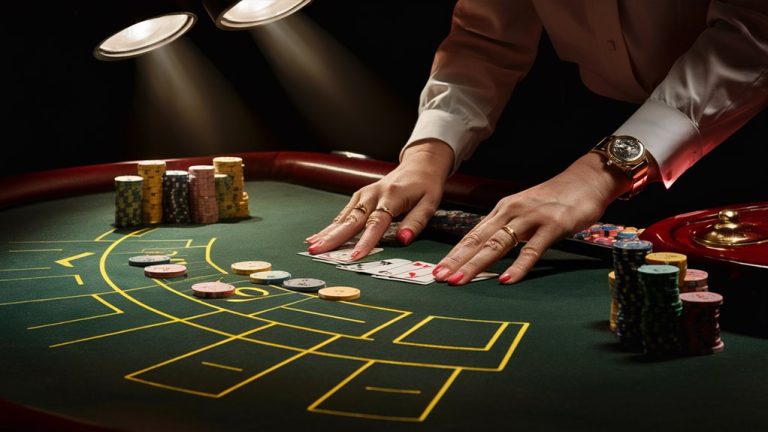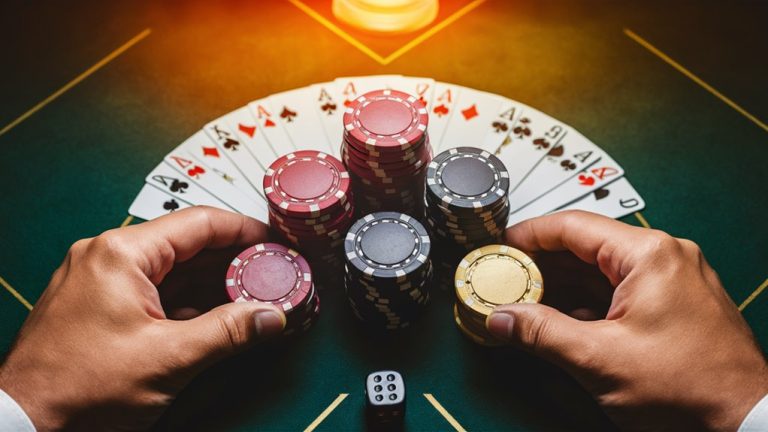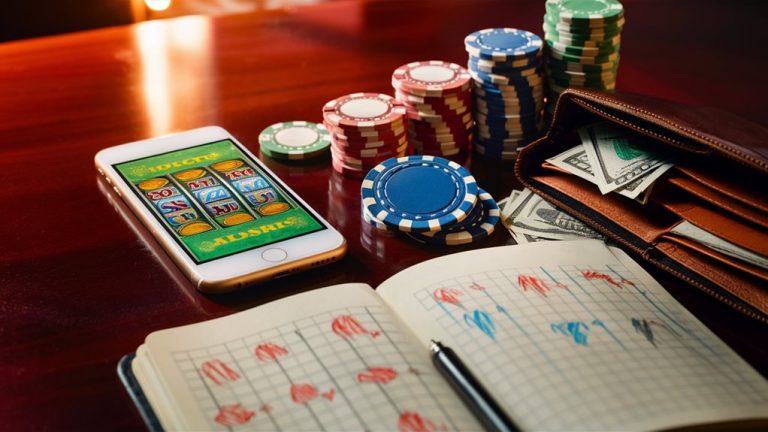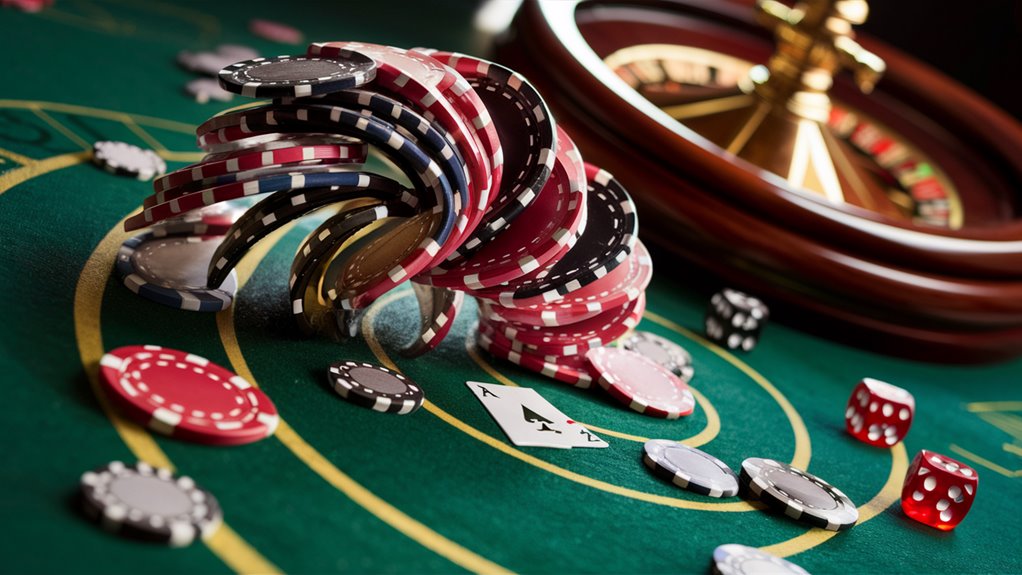
Proven Casino Strategy: Maximize Your Chances of Winning
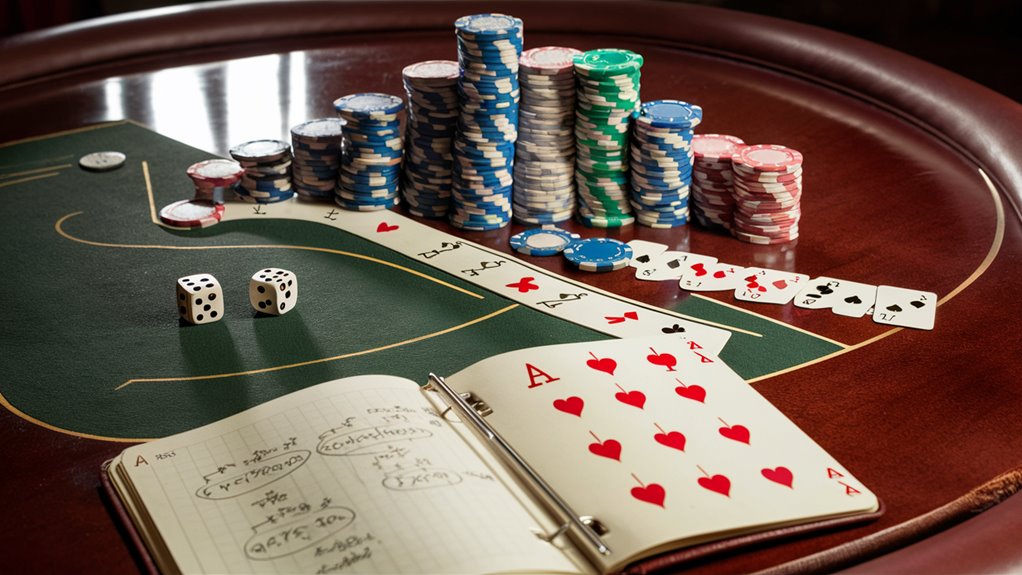
Understanding House Edge and Game Selection
To win at the casino, pick games with the lowest house edge. Blackjack has a tiny 0.5% house edge if played well, making it the top table game. Next is the baccarat banker bet at 1.06%, with European roulette at 2.7% edge.
Essential Bankroll Management Principles
Managing your bankroll well is key for lasting success. Keep session money at 5-10% of your total gambling budget. Your bets should stay within 1-2% of your session bankroll. This protects your money, letting you play longer.
Strategic Gameplay Methods
Session Management
- Set clear profit goals of 20-30%
- Set firm loss limits of 40-50%
- Take breaks every 2-3 hours
- Keep detailed records of wins and losses
Statistical Approach
Use mathematical probability by:
- Choosing games with known statistical edges
- Tracking outcome patterns
- Adjusting your bet sizes from past results
- Using consistent betting strategies
Advanced Risk Management
Mix strict money management with statistical strategy for a solid approach. This helps keep control and push returns up through smart decisions and planned betting patterns.
Understanding the Casino House Edge: A Complete Guide
What’s the House Edge?
The casino house edge is the math edge built into each game through rules and payouts.
This key percentage sets the casino’s likely profit and what players might lose over time, based on deep number study of all game outcomes 공식 검증 방법 보기
House Edge Percentages by Game
Popular casino games have different house edges:
- Blackjack: 0.5% with good play
- Baccarat (banker bet): 1.06%
- Craps (pass line): 1.41%
- Slot machines: 2-15%
- Keno: Up to 20%
How Rule Changes Affect House Edge
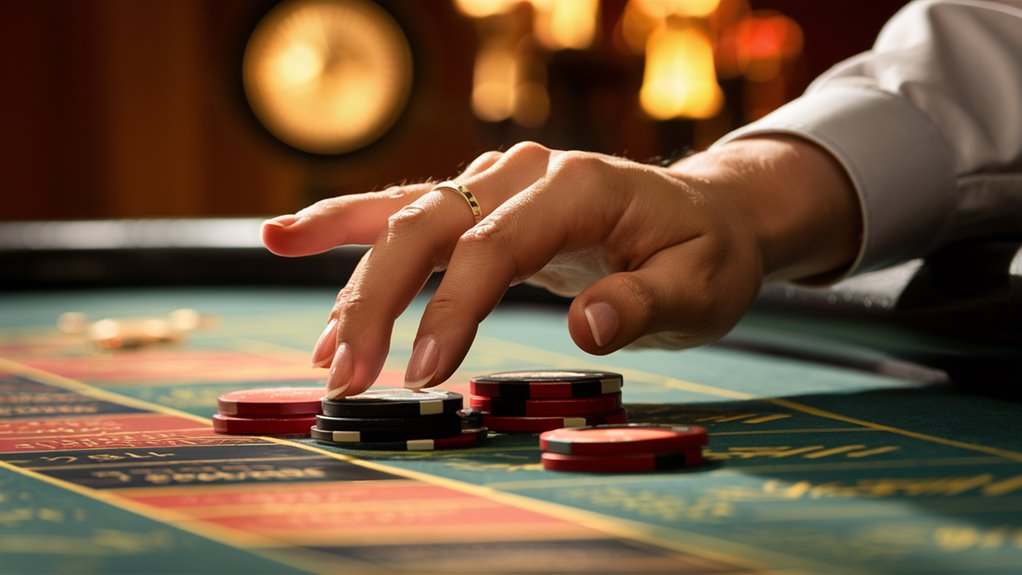
Game changes can greatly shift the math edge. Look at these:
Roulette Changes
- European Roulette: 2.7% house edge (one zero)
- American Roulette: 5.26% house edge (two zeros)
Calculating Expected Losses
Knowing the house edge percentage lets players figure out likely losses. For instance:
- $100 on blackjack
- 0.5% house edge
- future of sports betting
- Expected loss: $0.50 per hand
Strategic Game Selection
Smart players choose games with low house edges to increase win chances.
Table games usually offer better odds than machines, with skilled blackjack play giving the best chance for players.
Understanding Basic Probability and Statistics
Core Probability Concepts
Probability and statistics build the math base for understanding numbers and making data-backed choices.
Statistical study helps work out odds, chances, and likely outcomes across different situations.
By getting these key ideas, one can correctly guess and study number patterns.
Independent vs. Dependent Events
Independent events happen when one event doesn’t change another’s chance. For example, dice rolls each hold the same odds, no matter the last roll.
For linked independent chances, multiply single chances together: two sixes in a row have a chance of (1/6) × (1/6) = 1/36.
Dependent events, though, change odds based on past outcomes. Pulling cards from a deck makes dependent events because each card drawn changes what’s left in the deck. Know this difference for correct chance figures.
Calculating Expected Value
Expected value shows the average result of many random events over time. This key number joins probability with possible outcomes:
- Multiply each possible result by its chance
- Add all these chance-weighted results
- The total shows the average expected result
For example, if chances offer:
- 45% chance of winning $20
- 55% chance of losing $10
The expected value math is:
(0.45 × $20) + (0.55 × -$10) = $4.00
